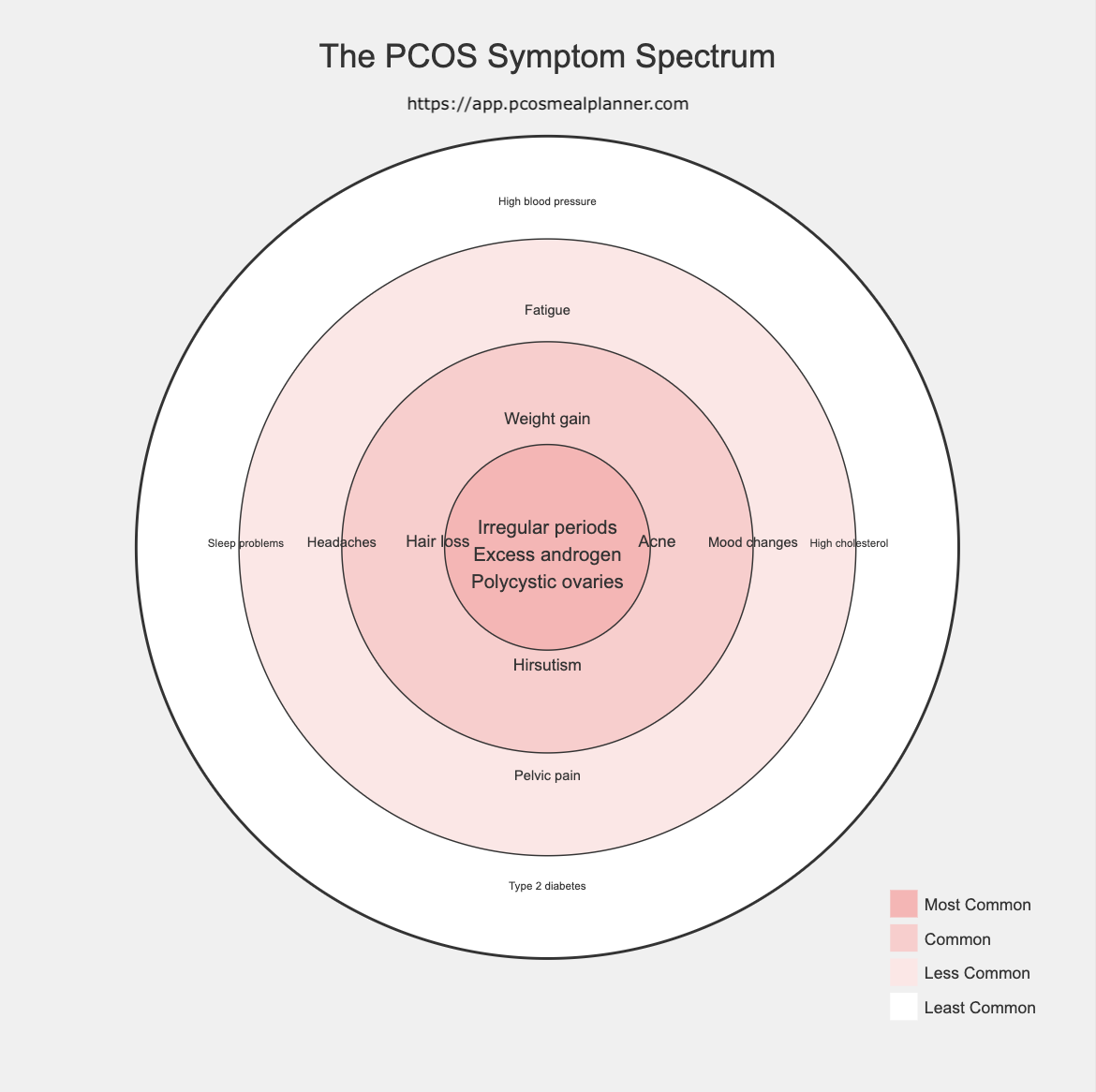Polycystic Ovary Syndrome (PCOS) is a condition that affects many women. One effective way to manage its symptoms is through diet, particularly by incorporating anti-inflammatory foods. These foods can help reduce inflammation in the body, which is often elevated in women with PCOS.
Why Anti-Inflammatory Foods Are Important
Inflammation is a natural response by the body, but chronic inflammation can contribute to many health problems, including insulin resistance and weight gain, which are common in PCOS. Anti-inflammatory foods can help reduce this chronic inflammation and improve overall health.
Top Anti-Inflammatory Foods to Include in Your Diet
Here are some of the best anti-inflammatory foods to add to your meals:
Berries
Berries like strawberries, blueberries, and raspberries are rich in antioxidants, which help fight inflammation. Try adding them to your breakfast cereal, yogurt, or smoothies.
Leafy Greens
Leafy greens such as spinach, kale, and Swiss chard are packed with vitamins and minerals. They are also high in antioxidants. Incorporate these greens into salads, smoothies, or as a side dish.
Fatty Fish
Fish like salmon, mackerel, and sardines are high in omega-3 fatty acids, which have strong anti-inflammatory properties. Aim to eat fatty fish at least twice a week.
Nuts and Seeds
Walnuts, almonds, flaxseeds, and chia seeds are excellent sources of omega-3 fatty acids and other anti-inflammatory compounds. Add them to your snacks or sprinkle them on salads and oatmeal.
Olive Oil
Extra virgin olive oil is rich in monounsaturated fats and antioxidants. Use it as a salad dressing or for cooking to take advantage of its anti-inflammatory benefits.
Practical Tips for Including Anti-Inflammatory Foods
Incorporating these foods into your diet doesn't have to be difficult. Here are some practical tips:
- Start your day with berries: Add them to your morning oatmeal or yogurt.
- Have a salad with leafy greens: Include a variety of greens in your salads and top them with nuts and seeds for added crunch.
- Include fish in your meals: Plan to have fatty fish like salmon for dinner a couple of times a week.
- Snack on nuts and seeds: Keep a mix of nuts and seeds handy for a healthy snack.
- Cook with olive oil: Use olive oil as your primary cooking oil and for salad dressings.

Extra Tip
Try to incorporate spices like turmeric and ginger into your meals. They have potent anti-inflammatory properties and can add a burst of flavor to your dishes.
Conclusion
By including more anti-inflammatory foods in your diet, you can help manage PCOS symptoms more effectively. Remember, small changes can make a big difference in your overall health.
How This Article Was Made
This article was created using information from reputable sources, including medical journals and authoritative health websites. For more detailed information, please refer to the following resources:
